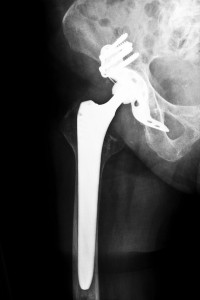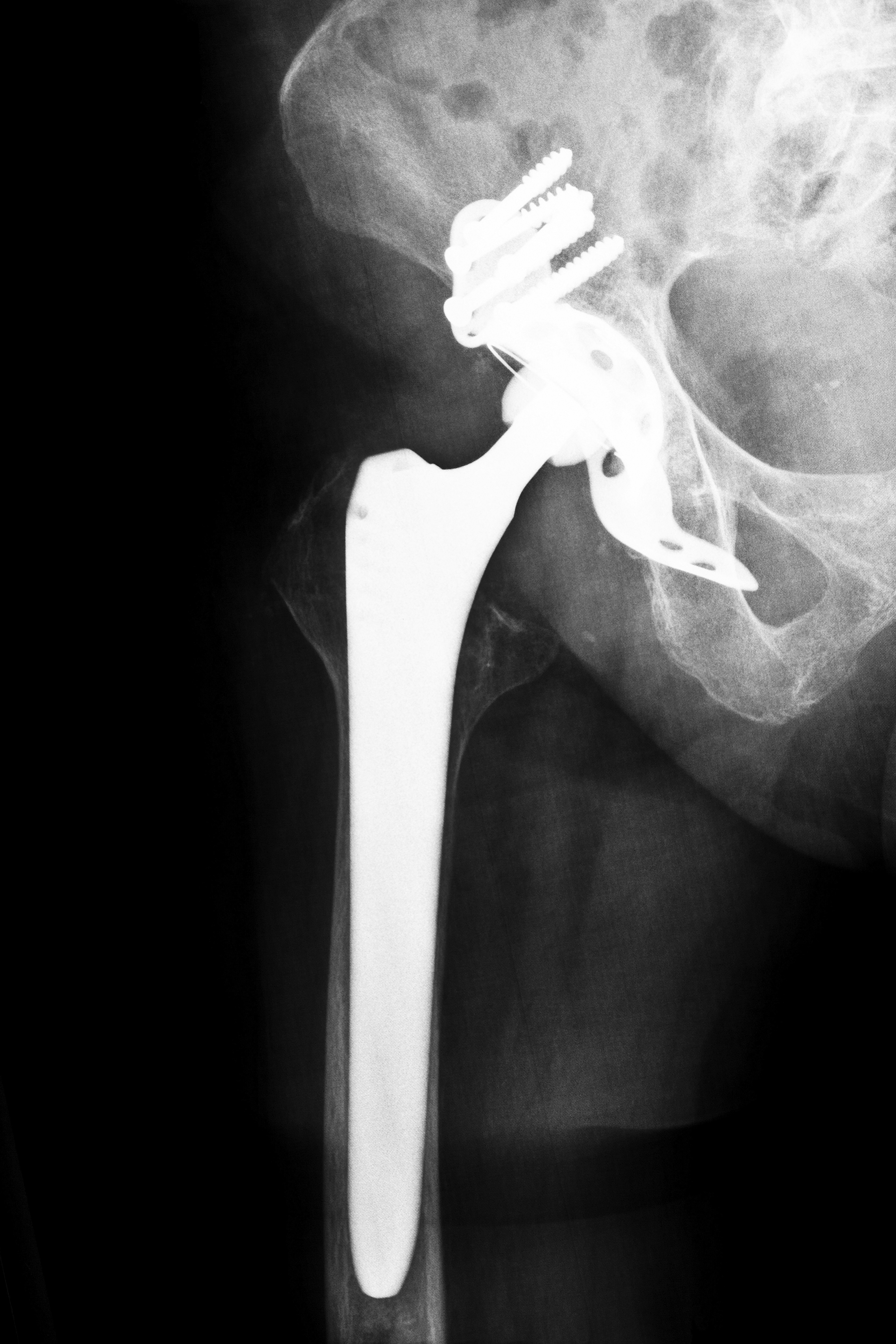 Contact Attorney Group for Tennessee to receive a free case evaluation and to learn more about the types of hip replacements currently involved in lawsuits. If you were fitted with a metal-on-metal device and you subsequently suffered from complications, you may be able to seek compensation in Tennessee for your injuries. Plaintiffs across the U.S. are filing lawsuits against several manufacturers after allegedly suffering from early device failure, pain and dislocation, among other adverse effects, while fitted with hip replacement implants.
Contact Attorney Group for Tennessee to receive a free case evaluation and to learn more about the types of hip replacements currently involved in lawsuits. If you were fitted with a metal-on-metal device and you subsequently suffered from complications, you may be able to seek compensation in Tennessee for your injuries. Plaintiffs across the U.S. are filing lawsuits against several manufacturers after allegedly suffering from early device failure, pain and dislocation, among other adverse effects, while fitted with hip replacement implants.
Types of Hip Replacements Available
- Ceramic-on-metal: In 2011, the U.S. Food and Drug Administration approved the first ceramic-on-metal hip implant that was designed with a ceramic femoral head and an acetabular cup made of metal. The Pinnacle Complete Acetabular Hip System is manufactured by DePuy Orthopaedics, a subsidiary of Johnson & Johnson.
- Ceramic-on-ceramic: All-ceramic devices were only recently approved by the FDA, despite being available since the early 1980s. According to reports, these types of hip replacements are intended to be resistant to the typical wear-and-tear damage, and they are more resistant to scratches than other types of hip replacements.
- Metal and plastic: These implants, made of a plastic polyethylene and titanium, stainless steel, chrome or cobalt metal alloys, are among the most commonly used hip replacement devices. A surgeon removes the patient’s ball and socket joint, implants a metal device in its place and inserts a plastic spacer in between the two.
- Metal-on-metal: All-metal hip implant devices are made of the same materials as the metal and plastic versions, but the difference is that both components are made of these alloys. Although elderly patients may be fitted with these devices, they are typically implanted into younger patients who need an implant to withstand the wear-and-tear of their active lifestyles.
Things to Consider Before Receiving a Hip Implant in Tennessee
Certain types of hip replacements have come under scrutiny as well as been named in lawsuits due to alleged defects that have caused serious injury. Some of the most commonly reported complications of metal-on-metal hip implants:
- Metal sensitivity
- Metal toxicity
- Decreased mobility
- Dislocation
- Difficulty walking
- Pain
- Infection
Patients may have more success with certain types of hip replacements over others, depending on their activity levels and ages. Physicians have the responsibility to evaluate a patient, review potential types of hip replacements that may suit his or her needs and discuss the benefits and drawbacks of the devices before choosing one for his or her patient.
Hip Implant Device Manufacturers Face Lawsuits
Stryker Orthopedics agreed to a settlement in December 2013 after a court determined that the injuries patients sustained were caused by the company’s Rejuvenate and ABG II hip replacement devices. Additionally, more than 8,000 claims filed against DePuy Orthopaedics were settled for $2.5 billion after patients allegedly suffered from pain, decreased mobility, infection and early device failure. Plaintiffs claim that DePuy’s Pinnacle and ASR hip implants caused complications that resulted in the need for additional surgical procedures and as of April 15, 2014, there were more than 5,700 Pinnacle lawsuits pending against the manufacturer.
Attorney Group for Tennessee Can Help
Patients who have been fitted with the metal-on-metal types of hip replacements may be able to seek compensation for their injuries if they experienced complications due to the devices. Contact Attorney Group for Tennessee today for more information about filing a lawsuit and recovering damages for your condition. We can help answer questions and connect you with a Tennessee attorney who can help you throughout the legal process. You may be eligible to seek compensation for medical expenses, loss of past and future income and pain and suffering.






